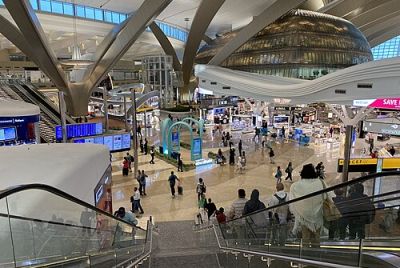NZ Expensive Housing Drive Students Away from Schools; Apartments Key to Bringing Prices Down
The cost of New Zealand properties may be reduced with more apartment blocks and "granny flats", according to a property expert. Lawrence Yule, Local Government New Zealand president, spoke in a panel discussion on housing affordability together with Finance Minister Bill English, Auckland Council Deputy Mayor Penny Hulse, New Zealand Council for Infrastructure Development chairman John Rae and economist Arthur Grimes.
A recent report by the OECD revealed New Zealand has the second most expensive homes among developed nations based on the price to income ratio. On a price-to-rent ratio, the OECD found the country to be the "most overpriced." New Zealand Prime Minister John Key has downplayed the latest information which found the nation's house prices to be 70 per cent higher than other countries in terms of rent.
Mr Key said Auckland has housing prices lower than in London and Sydney. According to the OECD, New Zealand's house prices have an annual increase of 8.2 per cent while Australia and the United States followed both with 6.6 per cent. Canada ranked fourth with 5.2 per cent, while Germany is in fifth position with a 5.1 annual increase.
In a report by the New Zealand Herald, Dr Grimes said popular cities in New Zealand can reduce house prices by rapidly expanding on the number of properties for people to use in the future. If local governments will not be open to building more houses in their cities, they are sending the message that they want to remain small but expensive, Grimes said.
Auckland Deputy Mayor Penny Hulse said residents and migrants are interested in apartments in the city. The council has a proposed Unitary Plan to build apartment buildings, granny flats and splitting one house into two.
High student turnover in schools
The lack of affordable housing has made one school a "revolving door" as more students are forced to move out because of problems with their parents' finances.
According to a report by the Child Poverty Action Group (CPAG), some primary schools in Auckland have a student turnover of up to 30 per cent. Auckland University's Dr Vicki Carpenter said a "transient" child will move schools usually twice a year. Reports said that in some cases, students have moved up to 12 times. The CPAG report highlights housing, economics and employment stability as the main causes of the high student turnover rate.




















